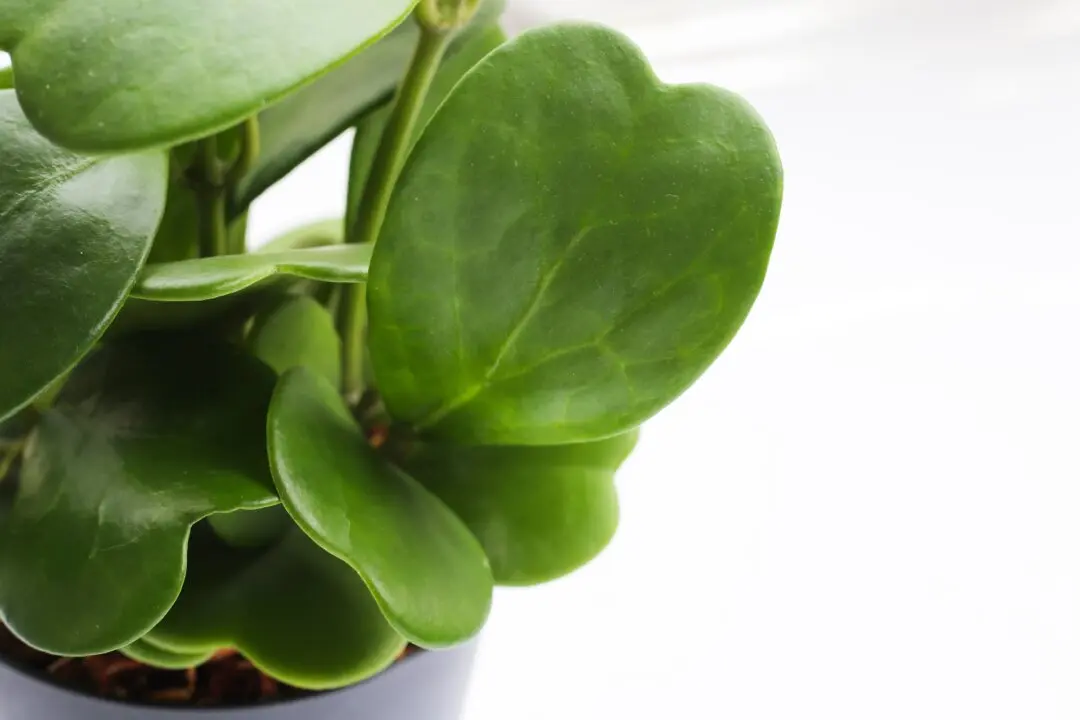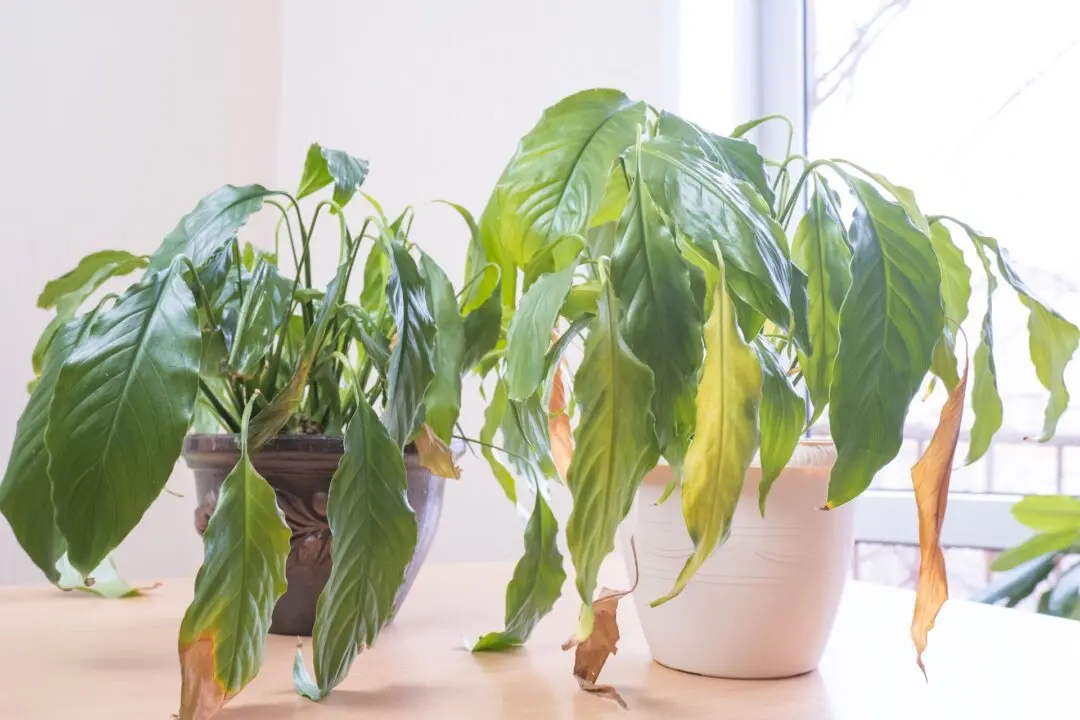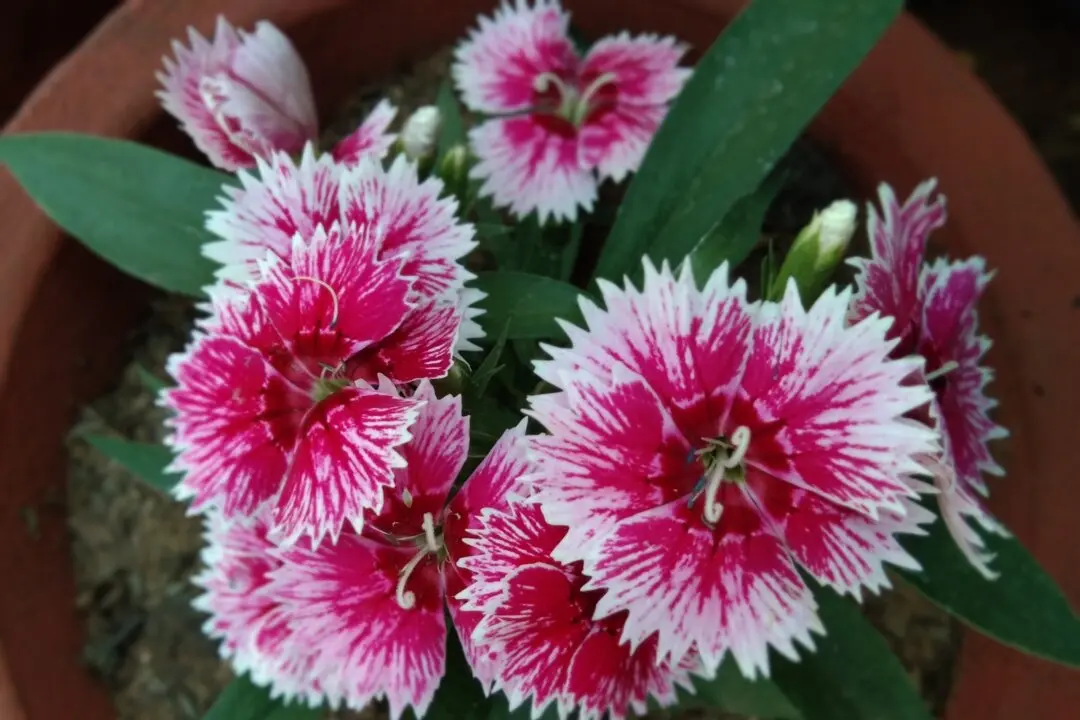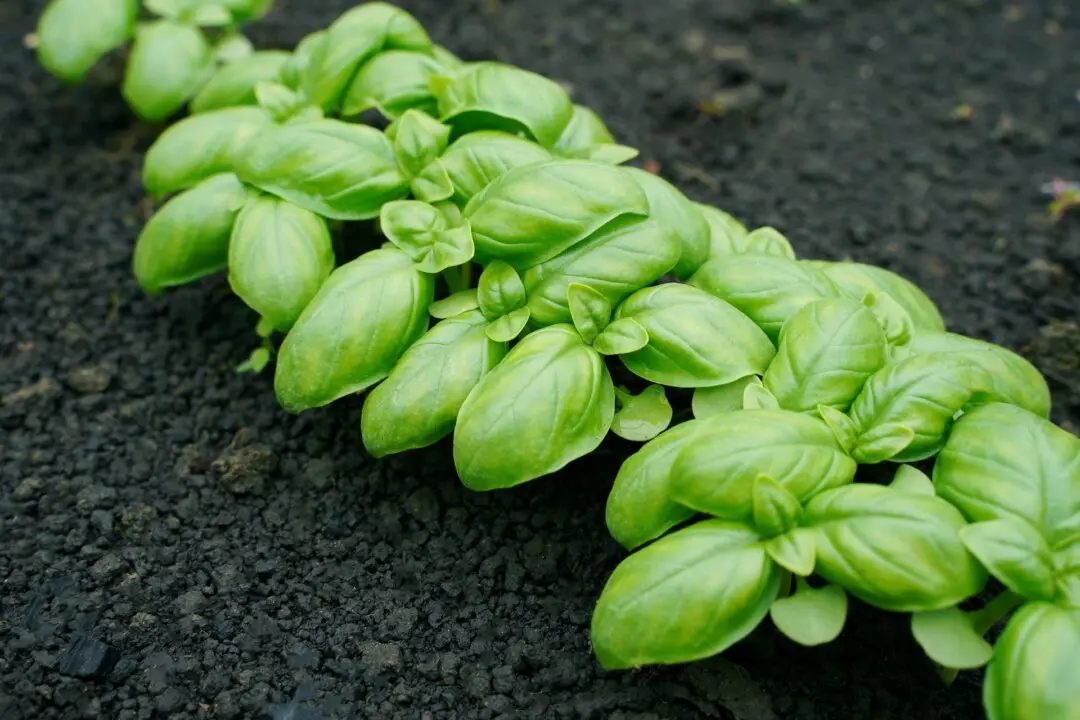Q: I lost all 12 of my Leyland cypress trees to seiridium canker. I was told by an arborist that the disease spread via the ground, and that there wasn’t anything I could have done to prevent it. He said that once they were infected, there was nothing I could have done to save them.
Some of the trees were higher than my two-story house, and I am still very upset over my loss. Over the years (the trees were about 15 years old when I had them removed), I pruned the trees with hand pruners and a lopper.





